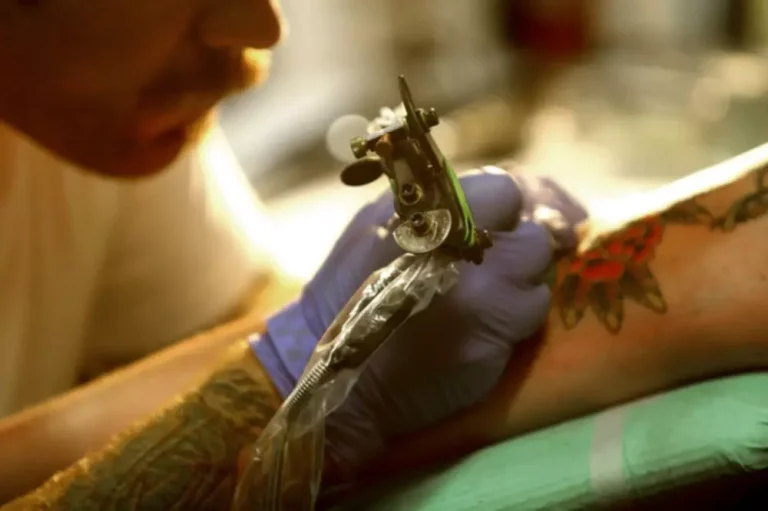
If a glass of wine has been your go-to after-work drink for years, it’s going to be hard to nix the habit without finding an enjoyable alternative. Experiment with different options until you find one that feels right; some options include tea, sparkling water, or even a good mocktail. If you find you’re really missing the taste of alcohol, there are plenty of zero-proof versions on the market to consider. Without treatment, sleep apnoea can lead to type 2 diabetes, depression, high blood pressure and increase your chance of having a stroke. It insomnia after drinking may also affect your mood and concentration, and make it more likely you will have an accident because you’re tired. Temporary insomnia is a common side-effect of alcohol withdrawal.3 Find out more about alcohol withdrawal symptoms, and what to do if you experience them.
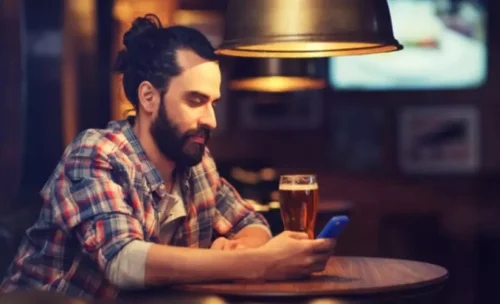
Quick Tips for Better Sleep
Sometimes, people connect their insomnia with alcohol use and vice versa. It’s also a common practice for some people to treat insomnia by consuming alcohol. Alcohol can cause the muscles in your throat to relax, which creates more resistance when breathing.
- As the alcohol in your system begins to wear off, something called “homeostatic recovery” can occur.
- For example, in a study of insomniacs who had lower amounts of SWS than did healthy people when taking a placebo—a typical finding in insomniacs—SWS increased when they consumed alcohol (Roehrs et al. 1999).
Create a sleep-friendly environment.
Individuals with sleep apnea often snore, gasp for air while asleep and wake frequently throughout the night. You may wake feeling tired, groggy and not well rested—even if you seemingly slept the entire night. For many people who drink moderately, falling asleep more quickly may seem like an advantage of a nightly glass of wine. But part of a smart, sleep-friendly lifestyle is managing alcoholism treatment alcohol consumption so it doesn’t disrupt your sleep and circadian rhythms. It’s not because I don’t appreciate a glass of wine with a great meal, or a few beers on a hot summer evening.
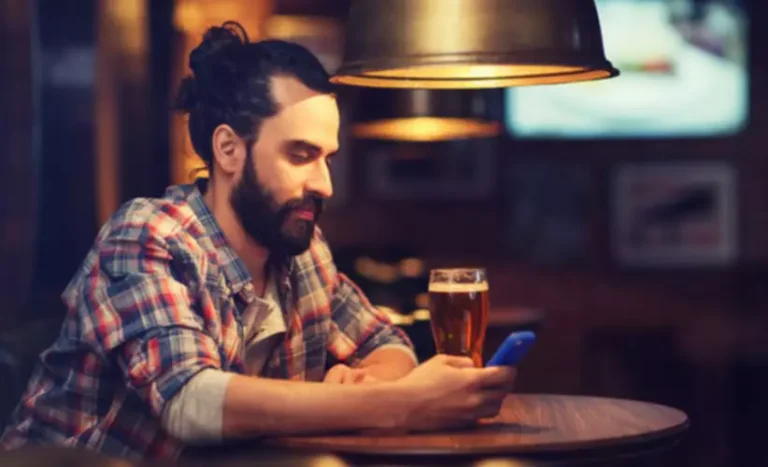
Why you should avoid alcohol just before bedtime
These fluctuations play a vital role in the sleep-wake cycle, and when they are weakened—or absent—a person may feel alert when they want to sleep and sleepy when they want to be awake. The sleep of individuals with depressive and/or anxiety disorders resembles the sleep of persons with alcoholism (71). Similar REM sleep changes occur during withdrawal in alcoholics https://ecosoberhouse.com/ with and without secondary depression (54). Polysomnography is not helpful in differentiating among these disorders or their treatment, and thus should not be considered a primary diagnostic instrument for patients with psychiatric disorders and sleep complaints. Overall, an accurate clinical history is a better indicator of alcohol-related insomnia.
How Alcohol Affects the Brain

We’ll help you understand how alcohol affects sleep patterns and arm you with strategies to improve your sleep quality. Addressing all aspects of your recovery, including your sleep, is important to achieving a successful and sustainable recovery. Alcohol can also play a role in the development and exacerbation of various sleep disorders.
Addressing Underlying Sleep Issues

Although the results were self-reported, women said they felt more tired before bed, experienced more nighttime awakenings and recorded less sleep than their male counterparts. Consuming alcohol regularly before bed can also make it more difficult to sleep, according to a 2016 study in the journal Drug and Alcohol Dependence. Researchers found that chronic or habitual alcohol use before bedtime led to bouts of insomnia. Sleep problems, such as difficulty getting to sleep, frequent waking during the night and difficulty getting up in the morning, were also more common in people with alcoholism. If you want to avoid any ill-side effects of alcohol—at least as it relates to your sleep—cut yourself off around three hours before bedtime.
- However, possibly even at the 1.0 g/kg alcohol dose, alcohol levels may no longer have been high enough 4 to 5 hours after sleep onset to affect prolactin secretion.
- Non-pharmacological therapies, such as muscle relaxation, biofeedback, cognitive therapy, stimulus control, acupuncture, yoga, meditation, sleep restrictive therapies, and sleep hygiene techniques, should be considered first (4).
- Our bodies produce melatonin to help control our sleep-wake cycle, which happens to coincide with sunlight.
- Alcohol can also cause a person to wake up throughout the night, as we’ve seen.
You may have developed insomnia, sleep apnea, or REM sleep behavior disorder. Knowing how alcohol affects sleep and leads to these disorders can help you address them with your addiction therapist. Alcohol can also exacerbate other sleep-related issues, such as sleep apnea and snoring. Alcohol’s sedative effects can relax your throat muscles, blocking your airway. The result is interrupted breathing and decreased sleep quality, leaving you exhausted and unrested the following day. Consuming alcohol before bedtime can significantly impact your sleep patterns.
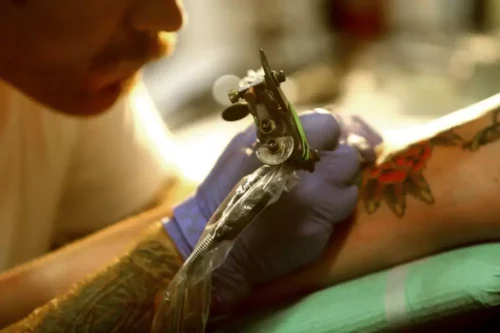
In a study interviewing abstinent alcohol dependent people, a substantial proportion described having been aware that alcohol disturbed their sleep, but that they needed to drink to get to sleep. So alcohol use may create sleep disruption, but the sleep disturbance in turn, elicits greater alcohol use. During a later phase of the same study (Roehrs et al. 1999), the participants also had an opportunity to choose between beverages presented in color-coded cups that contained various alcohol concentrations or a placebo. The participants had previously experienced all of those beverages (i.e., they had taken them one at a time before bedtime on different nights) and were asked to choose the beverage that would best help them sleep.
